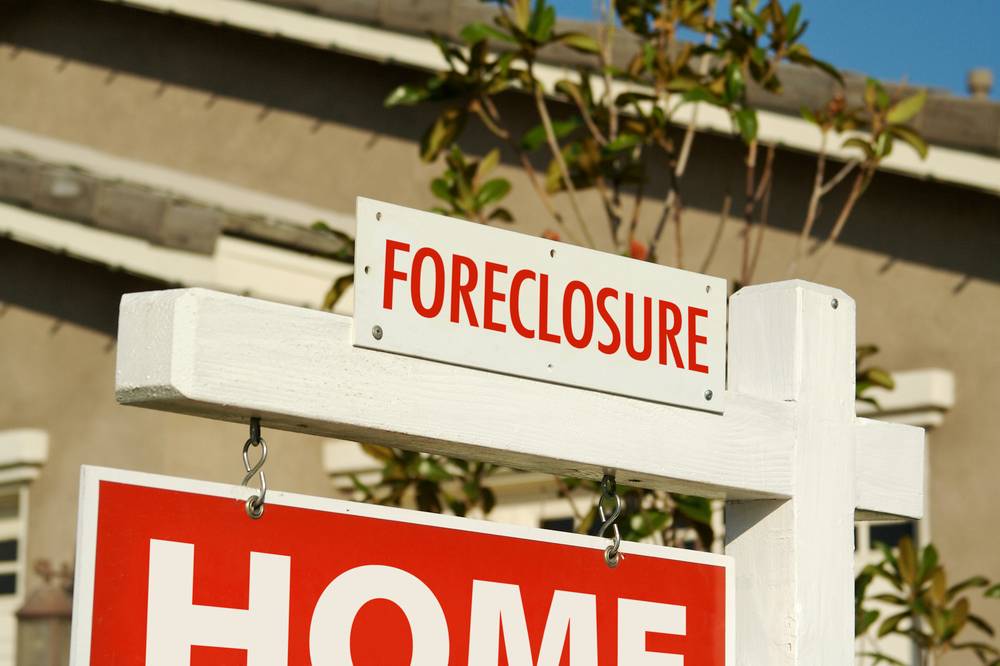When an Indiana homeowner is unable to make their mortgage payments, the lender eventually starts a foreclosure. The foreclosure process, if left to proceed, ultimately results in the house being sold off to settle all or part of the debt.
This is a nightmare for a family that’s already struggling to make ends meet. Your unpaid bills are piling up and now your home is gone too.
Before you reach this point, an Indiana bankruptcy attorney can step in to help you keep your home and get your finances back on track. Here are the important things you should know about Indiana’s foreclosure laws.
How the Foreclosure Process Works in Indiana
If a mortgage lender determines that an Indiana homeowner is failing to make their mortgage payments, the lender will start contacting the borrower to demand payment. In this situation, you may receive phone calls, emails, and letters alerting you that you’re behind on your payments.
Soon, the lender will escalate the issue by filing a lawsuit through the courts. This allows them to begin the foreclosure process on your home, which will ultimately cause your home to be repossessed and sold at what is called a sheriff’s sale unless some type of intervention takes place. The Sheriff’s sale is done by bids at a set date and time. Anybody, including the mortgage bank can bid on the property. In fact, the mortgage bank can bid in all or part of the money judgement that they received in the foreclosure lawsuit. This is why most foreclosed homes become bank-owned properties that are then sold off to new buyers. In some circumstances, investments groups or individuals can buy the house at the sheriff’s sale. In the rare circumstance that the winning bid in a sale satisfies the bank’s money judgement and provides a surplus of funds, that surplus goes to the debtor.
How Will I Know I’m Facing Foreclosure?
Although this is a stressful and intimidating situation, you have foreclosure rights that are protected by Indiana and federal laws. There’s also a specific process lenders must follow to stay in compliance with the law.
After a period of non-payment, your mortgage lender should notify you of your status and options in writing. This is known as foreclosure loss mitigation notification and it describes things you can do to prevent losing your home.
The terms of your mortgage should also include a provision that the lender will send a notice of nonpayment when the loan is in default. If you receive any type of letter or warning that you’re approaching the point of default or foreclosure, don’t ignore it. This is your opportunity to take quick action to keep your home.
In most cases, you will have between 45 and 120 days of notification time before the foreclosure process officially begins. Federal law usually requires the lender to wait until the loan is 120 days past due. Indiana law requires lenders to send homeowners a pre-foreclosure notice by certified mail at least 30 days before filing the foreclosure suit.
However, it’s risky to just wait and hope you won’t lose your home. There are exceptions to foreclosure waiting periods that sometimes allow mortgage lenders to proceed fairly quickly.
If the process goes too far too fast, you could be barred from keeping your home. Unlike some states, Indiana doesn’t allow a foreclosed homeowner to reclaim a home after the foreclosure sale.
What Can I Do to Stop a Foreclosure?
There are routes to stopping foreclosure and staying in your home. Pursuing these options takes skillful financial and legal strategizing, so please seek the assistance of an experienced Indiana foreclosure attorney to assist you.
One option is arranging a foreclosure settlement directly with the mortgage lender. They might be willing to take a partial payment or set up a payment plan that prevents foreclosure and allows you to catch up.
Of course, not all lenders are willing to make these types of arrangements and they might feel that the foreclosure process is already too far along. Your lender could proceed with the foreclosure despite your pleas.
Bankruptcy is another way of halting creditor demands for payment. If you file for bankruptcy, this temporarily stops foreclosure and buys you some time. Federal bankruptcy law includes something known as the automatic stay, which stops creditors from continuing action against you during the bankruptcy period.
If you’re assuming bankruptcy always causes people to lose their homes, think again! In Indiana, bankruptcy can allow you to use a homestead exemption to protect your home and keep your family’s life stable while you get your finances in order.
When You’re Facing Foreclosure, We Can Help
Before foreclosure becomes inevitable, please reach out to the team at Sawin & Shea. We can help you save your home and improve your financial picture. We offer a free video consultation to get you on the road to financial recovery as soon as possible.
Sawin & Shea — Indianapolis Bankruptcy Attorneys
Filing for bankruptcy is not the end. It’s the beginning of a new financial life for you. The Indiana bankruptcy attorneys at Sawin & Shea can help you get rid of overwhelming debt and advise you on life after bankruptcy. We are here for you during this life-changing process.
Please do not hesitate to call us today at (317) 759-1483 or send an email for a free consultation. We are ready to help.



